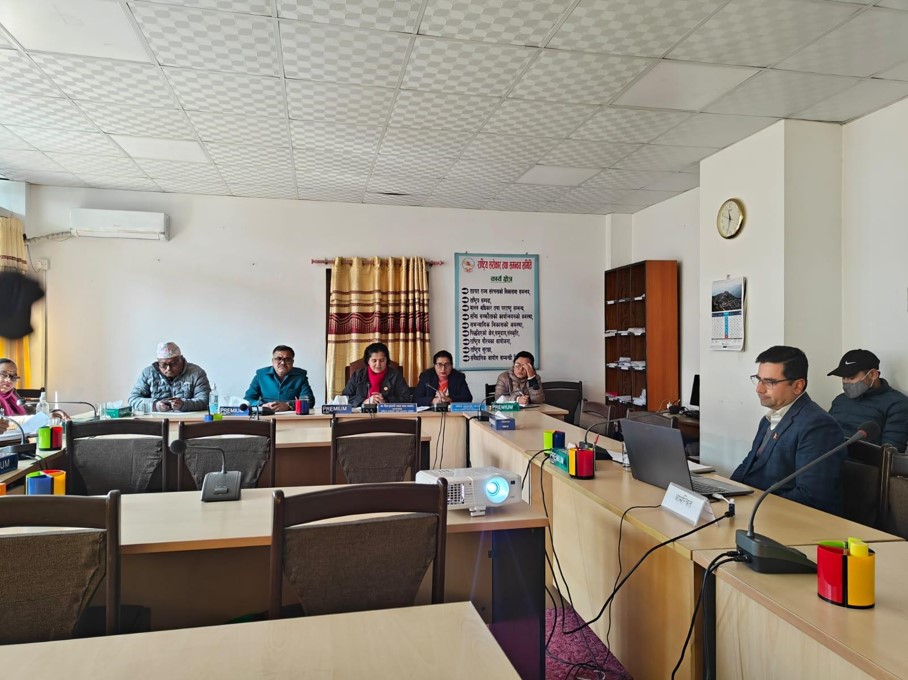
Alliance member Swatantrata Abhiyan Nepal’s (SAN) advocacy through the Alliance Incubator, structured by the Accountability Toolkit (Toolkit), is helping to shape 30 km/h zones from a low-priority concern to an emerging municipal and federal agenda in Nepal.
SAN began by assessing the status of speed management in two high-risk municipalities, Tokha and Budhanilkantha, using the Toolkit’s Accountability Checklist. Its assessment revealed limited political prioritization, as municipal leaders viewed road safety as the responsibility of traffic police rather than a policy issue. The review also showed that neither municipality had a dedicated budget or technical capacity for speed management, while road users, including schoolchildren, faced daily exposure to speeding vehicles. Guided by the Priority Interventions and Government To Do List, these findings enabled SAN to define clear asks: introduce 30 km/h zones in school and hospital areas, allocate municipal resources for implementation, and strengthen enforcement and signage to ensure compliance.
Building on this evidence, SAN began engaging Tokha’s chief administrative officer, mayor, deputy mayor, and council members. Using the NGO Talking Points, SAN engaged with decision-makers and presented the risks identified in its school, market, and hospital assessments to emphasize the urgency of implementing 30 km/h zones. At the federal level, SAN met the Department of Transport Management and members of the National Assembly’s National Concerns Committee, sharing a concern paper on Nepal’s rising road crash burden.
SAN strategically mobilized civil society and community allies to strengthen its influence. It engaged with Political Parties Leadership through trade unions and political foundations, with the Pediatric Nursing Association Nepal that elevated the child-safety dimension of its advocacy. Former National Assembly Member and Chair of National Concern Committee in the Upper House of parliament Hon. Parwati Rawal contributed national-level support by pushing for a dedicated Road Safety Act. The Chief Administrative Officer of Tokha emerged as a key champion, using SAN’s evidence to support internal decision-making and instructing municipal officials to begin safety improvements.
SAN’s advocacy is yielding results, and it is using the Accountability Tracker to monitor the government’s responses to its key asks. So far, Tokha municipality agreed to conduct formal assessments of high-risk zones and share the results with political leaders and traffic police. It then initiated a series of early interventions, including the installation of 30 km/h signs in school and hospital zones, marking zebra crossings, installing traffic and warning signs, removing hazardous roadside obstacles, and signing an MoU with SAN to co-develop a Five-Year Road Safety Strategy. At the federal level, momentum also increased, with the Ministry of Physical Infrastructure and Transport releasing a preliminary draft of the National Road Safety Act for public consultation.
“We will continue building on this progress by advocating for dedicated municipal budgets for road safety, supporting the adoption of the National Road Safety Act, and sharing its lessons with additional municipalities,” says Writu Bhatta, Swatantrata Abhiyan Nepal.